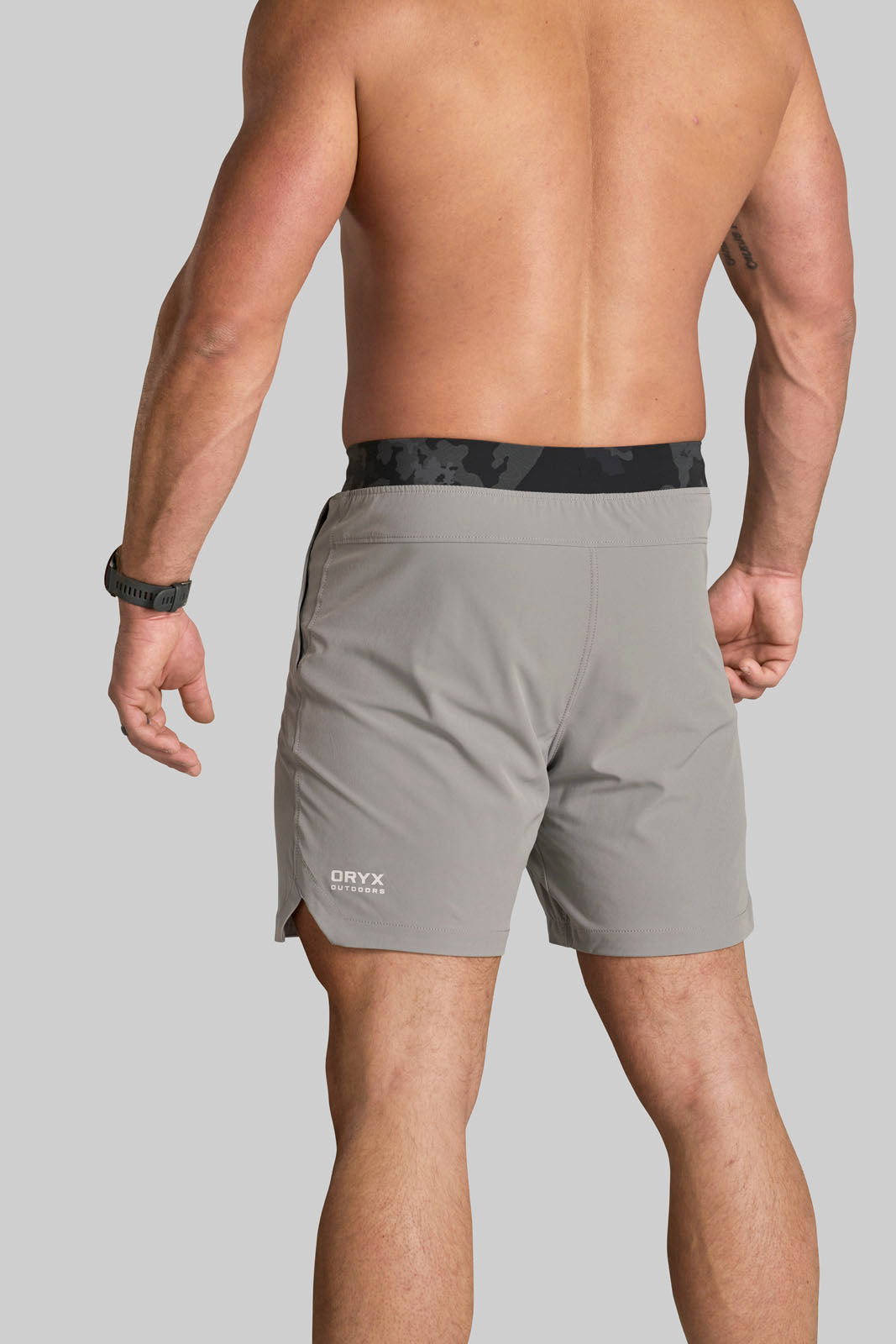Hunting is an activity that seamlessly blends patience, skill, and physical endurance in a way that many quite enjoy. However, finding other activities that help in these areas isn’t easy for hunters dedicated to improving their craft. Fortunately, rucking, or hiking with a weighted backpack, is incredibly useful. Rucking combines strength training with cardiovascular exercise, pushing your body and mind in ways that directly enhance your ability to hunt.
This post details the physical and mental benefits of rucking for hunters if you’re not familiar with the activity. Read on if you’re ready to build strength, focus, and resilience while becoming a better hunter.
Physical Benefits of Rucking for Hunters
Often, hunting demands hours of walking across unpredictable terrain while carrying a decent amount of gear. That load will only get heavier after you’ve scored a kill, since you must transport the haul back to camp. Rucking trains your body to handle these physical demands with ease while simultaneously improving your overall fitness.
Improved Endurance
Endurance is critical in hunting, particularly during long stints in remote areas. Since rucking involves walking or hiking with a weighted backpack, it works as a powerful endurance-building tool. The added weight intensifies the cardiovascular challenge by engaging your muscles to stabilize and move yourself forward. This critical adaptation mimics the wear and tear experienced during hunting, preparing your body to go the distance while staying steady and strong.
By consistently incorporating rucking into your fitness routine, you’ll notice that your stamina will improve, allowing you to walk farther with greater energy reserves. You’ll no longer dread those all-day treks into the woods when the next hunting season hits, as your body will already be conditioned to endure long sessions without tiring.
Increased Strength
Hunters tend to underestimate how much strength it takes to be effective in the field. Strength plays a vital role in almost every part of the hunt, from setting up your spot to aiming your rifle or bow. Rucking builds functional strength by engaging multiple muscle groups at once. Your legs, core, back, and shoulders are continuously working to stabilize the load, mimicking the strain of carrying heavy hunting packs.
The beauty of rucking lies in its progressive nature. By gradually increasing the weight in your pack, you’re able to push your limits and develop real-world strength in a way that translates directly to physical tasks during your hunt. This increased strength can also reduce the risk of injury, as your body becomes more resilient and capable of handling awkward or uneven loads.
Enhanced Cardiovascular Health
Sometimes, hunting requires bursts of energy, which could include scaling a hill, tracking prey, or dragging your harvest back to camp. Rucking is an excellent low-impact way to improve cardiovascular fitness by steadily raising your heart rate over an extended period. Unlike running, rucking puts less strain on your joints while still delivering significant cardiovascular benefits.
Regular rucking not only boosts heart and lung health but also strengthens your ability to recover quickly after intense hunting activities. Over time, this improved cardiovascular efficiency means you can maintain a calm, steady pace while staying sharp and focused, giving you a clear advantage in the field.

Mental Benefits of Rucking for Hunters
While the physical advantages of rucking are clear, the mental benefits it can have for hunters are just as profound. A hunter’s mindset must be resilient, focused, and adaptable. Rucking develops these critical mental traits, setting you up for success in the wild.
Stress Reduction
There’s something deeply calming about walking through nature with a pack on your back, the rhythmic crunch of dirt beneath your boots. Rucking provides an excellent way to recharge and de-stress, especially for hunters seeking a connection to the outdoors outside of the regular hunting season.
Many hunters who already partake in rucking have found that this type of exercise in a natural setting reduces their overall stress and improves their mood. This benefit means fewer distractions and a clearer head when it’s time to make split-second decisions. That’s because after regular rucking sessions, you’ll likely feel more grounded and calm, a vital mindset for the patience required in hunting.
Building Mental Toughness
Hunting isn’t just a physical challenge; the mental demands of sitting still for hours, staying quiet, and handling potential disappointment can be equally taxing. Rucking requires a similar kind of mental grit. You must train your mind to push through the discomfort and stay focused on the finish to return safely when fatigue sets in during a longer hike.
This mental toughness translates seamlessly to hunting. By conditioning yourself through rucking to handle fatigue and persist despite challenges, you can more easily overcome obstacles in the field. The mental strength gained from rucking can make all the difference, whether it’s enduring harsh weather or finding the focus to stay motionless on a stand.
Improved Focus and Clarity
Hunting demands mindfulness and a sharp focus, two qualities nurtured through rucking. Its repetitive nature, paired with physical exertion, encourages a meditative state where distractions fade and clarity emerges. Many hunters report feeling more mentally organized and prepared after adding rucking to their workout routine, as it helps them focus their thoughts and stay present.
Rucking also sharpens your ability to plan and strategize. You’re constantly evaluating the terrain, monitoring your pace, and pushing through the pain, all of which mirror the logistical thinking required during a hunt. This heightened focus and situational awareness are invaluable skills for tracking prey and making successful decisions in the field.

Rucking Gear Essentials for Hunters
Having the right gear is essential to make the most of rucking. A sturdy, comfortable backpack is non-negotiable, as it will be carrying the weight. Look for options with adjustable straps and sufficient padding to prevent strain on your shoulders and back.
Weights are the next most critical component. Standard gym weights or sandbags will work fine, but you can purchase official rucking weights that’ll fit more seamlessly into your backpack. Make sure you leave enough room in your pack for a water bottle. Staying hydrated on this type of hike will be crucial.
Lastly, wear breathable, moisture-wicking clothing to stay comfortable during your rucking sessions. Layers are particularly important if you’re rucking in varying weather conditions, as they allow you to keep warm or cool as needed. Be sure not to overlook proper footwear, either; invest in durable hiking boots that provide ample support and are designed for rough terrain.
How To Start Your Rucking Journey as a Hunter
Since you’re new to rucking, you’ll want to start slow, keeping safety top of mind. Begin with light weights—10 to 15 pounds. Gradually increase your load and distance as your body adapts, aiming for a pace that challenges you while avoiding overexertion.
Be sure to listen to your body and watch for signs of pain or discomfort, particularly in your joints. Immediately stop and rest before attempting another session if you experience any sharp pain. Over time, you’ll build the endurance and strength needed to tackle even the most demanding hunts confidently.








